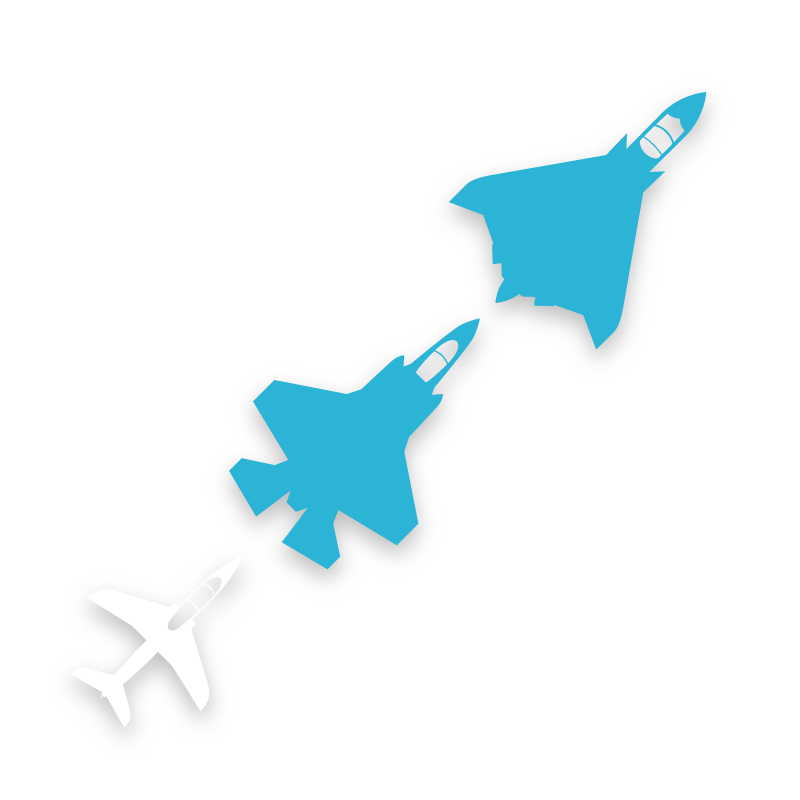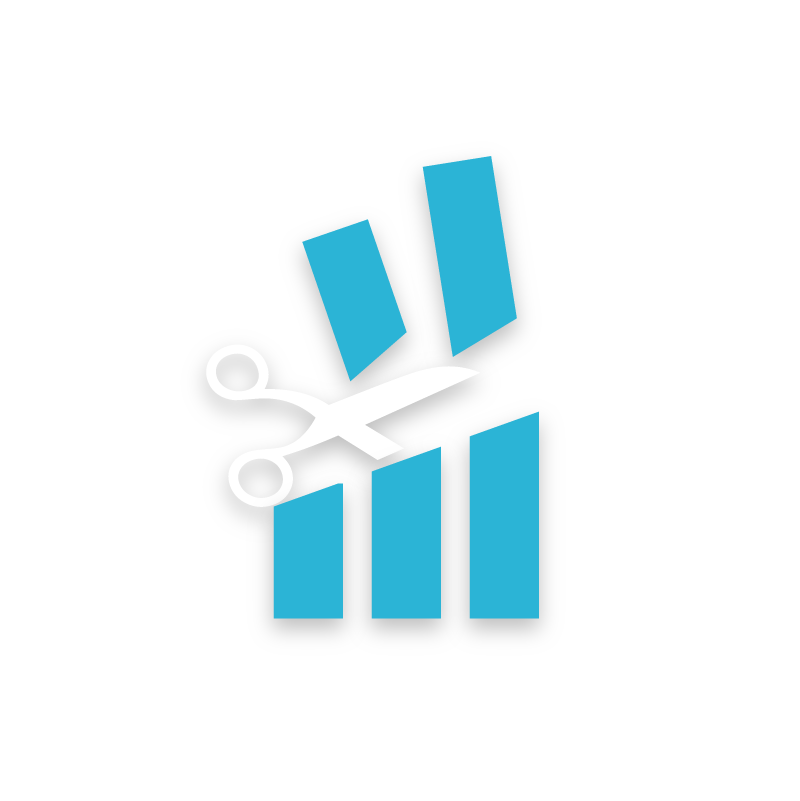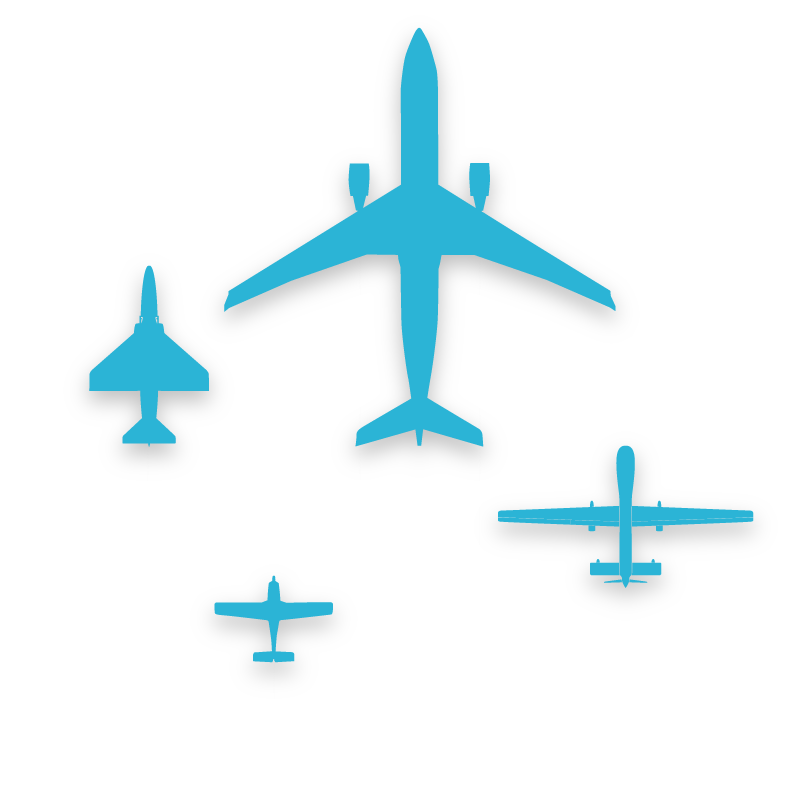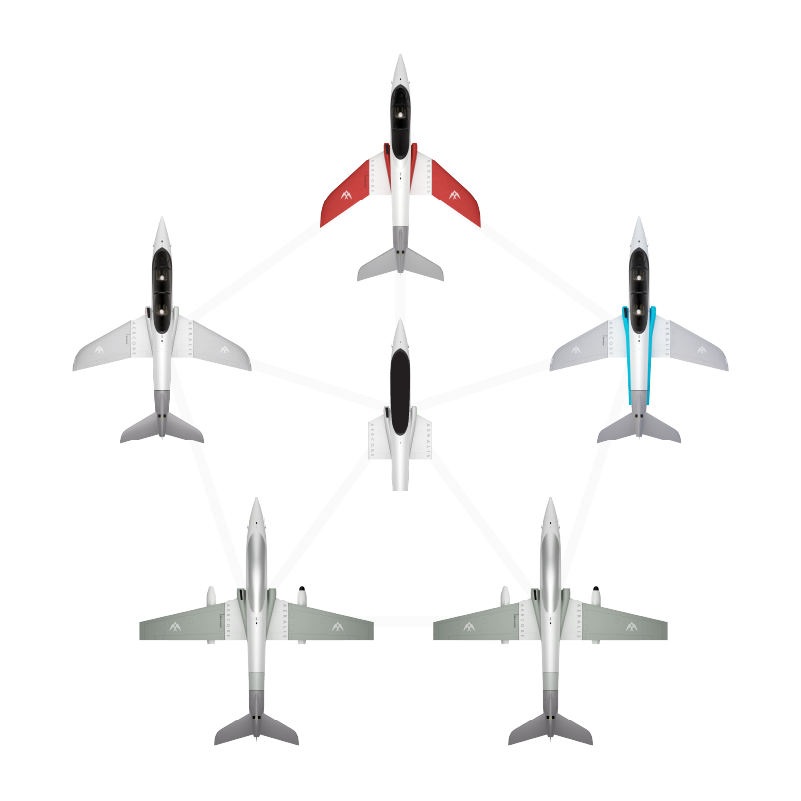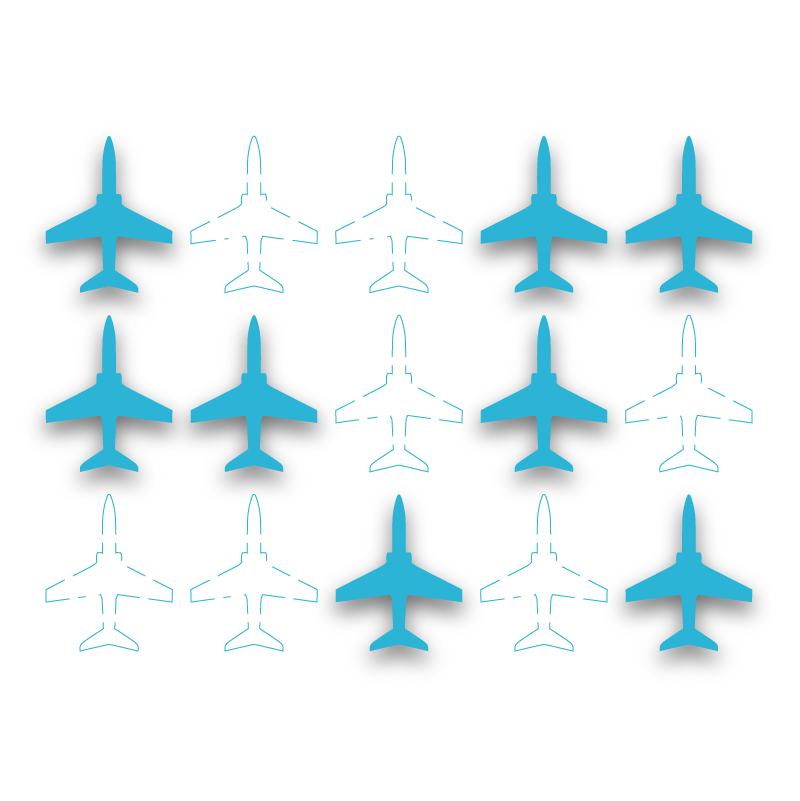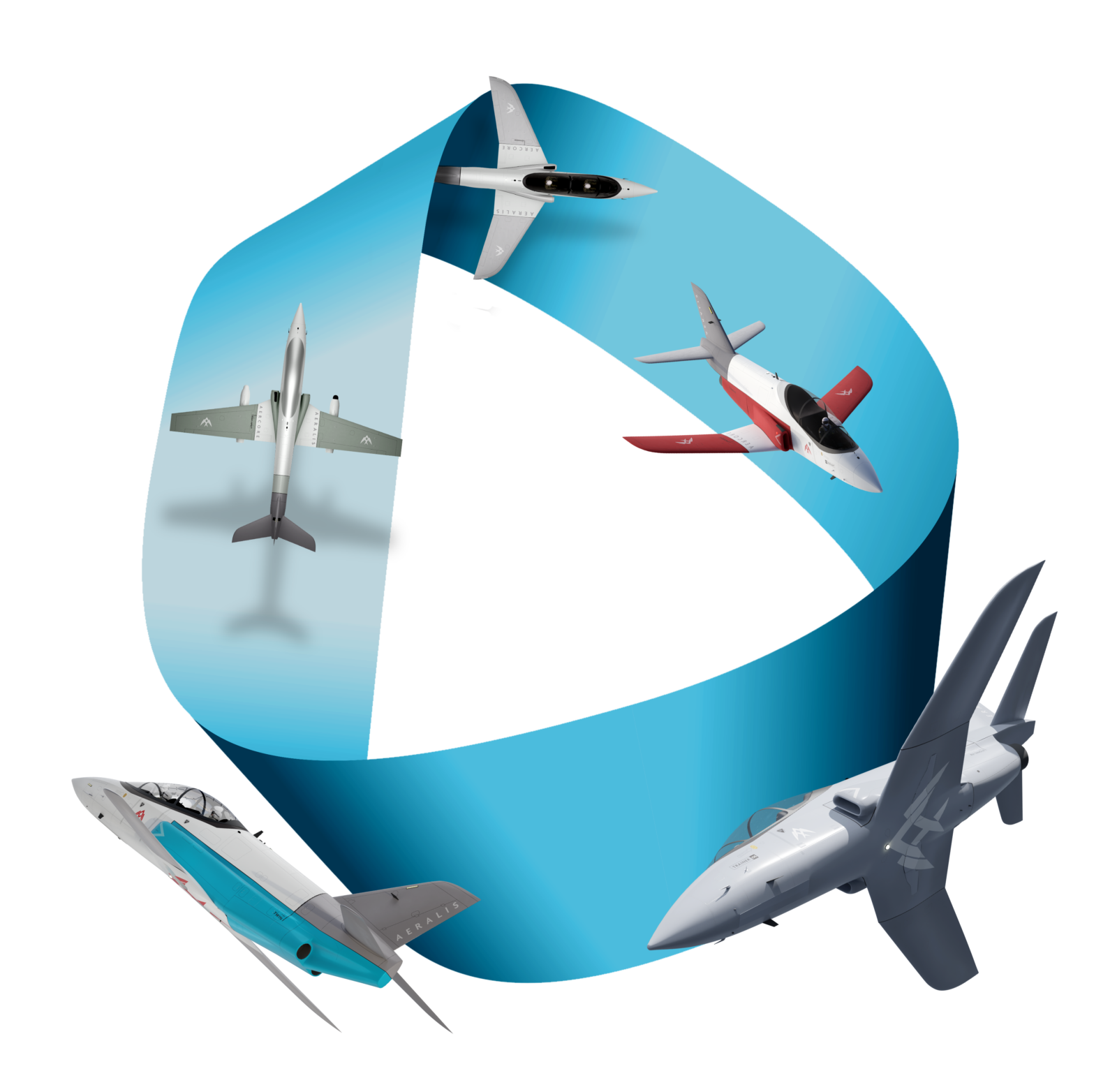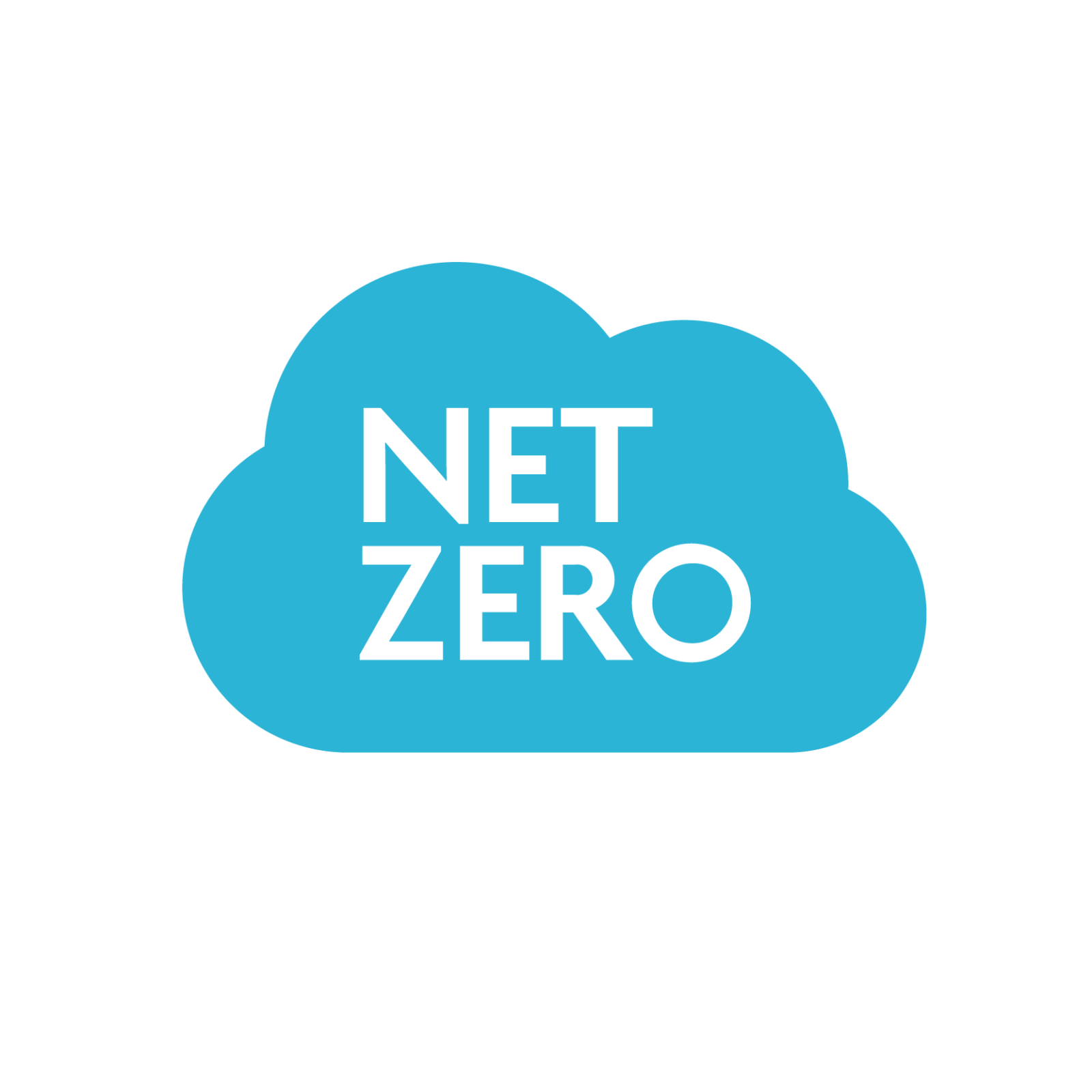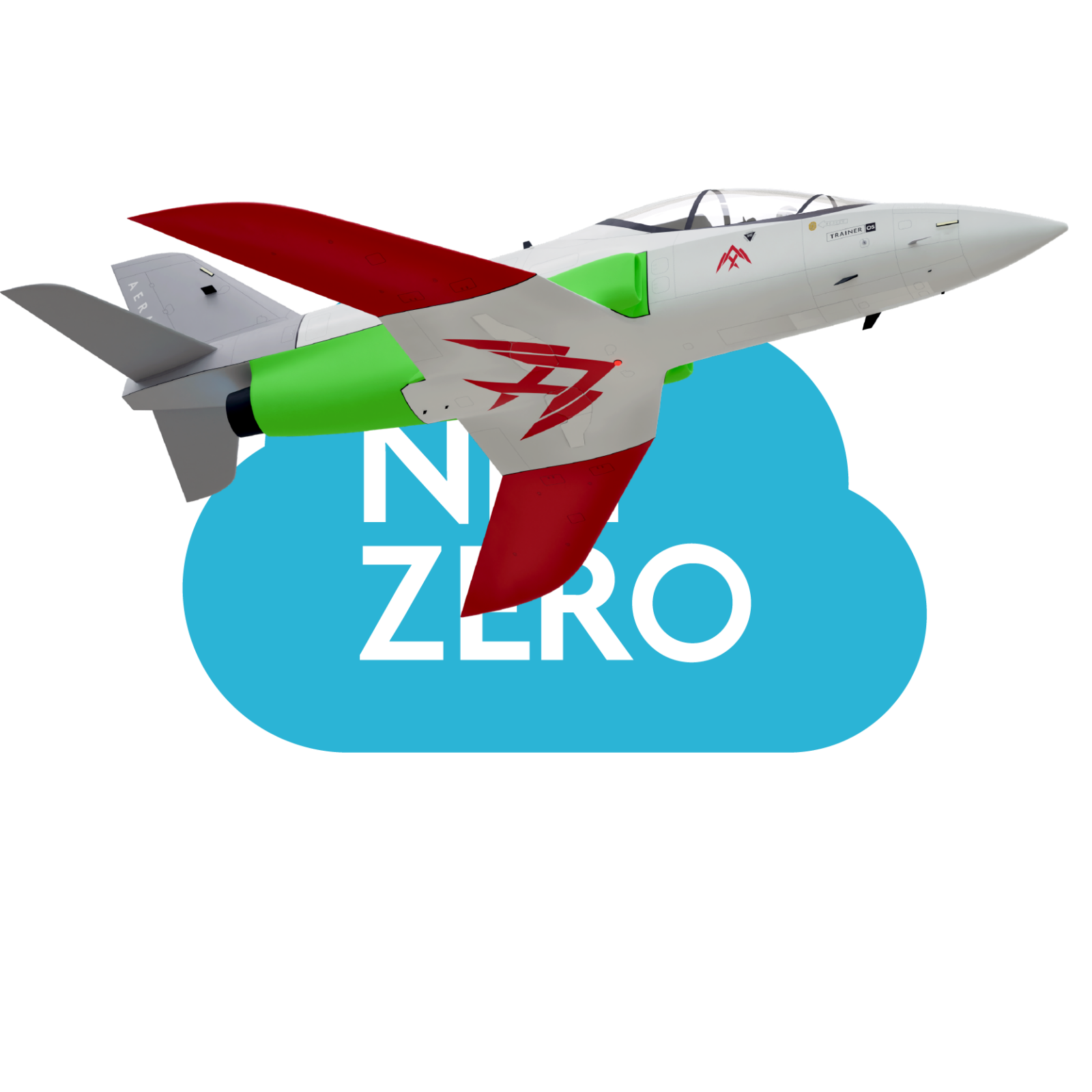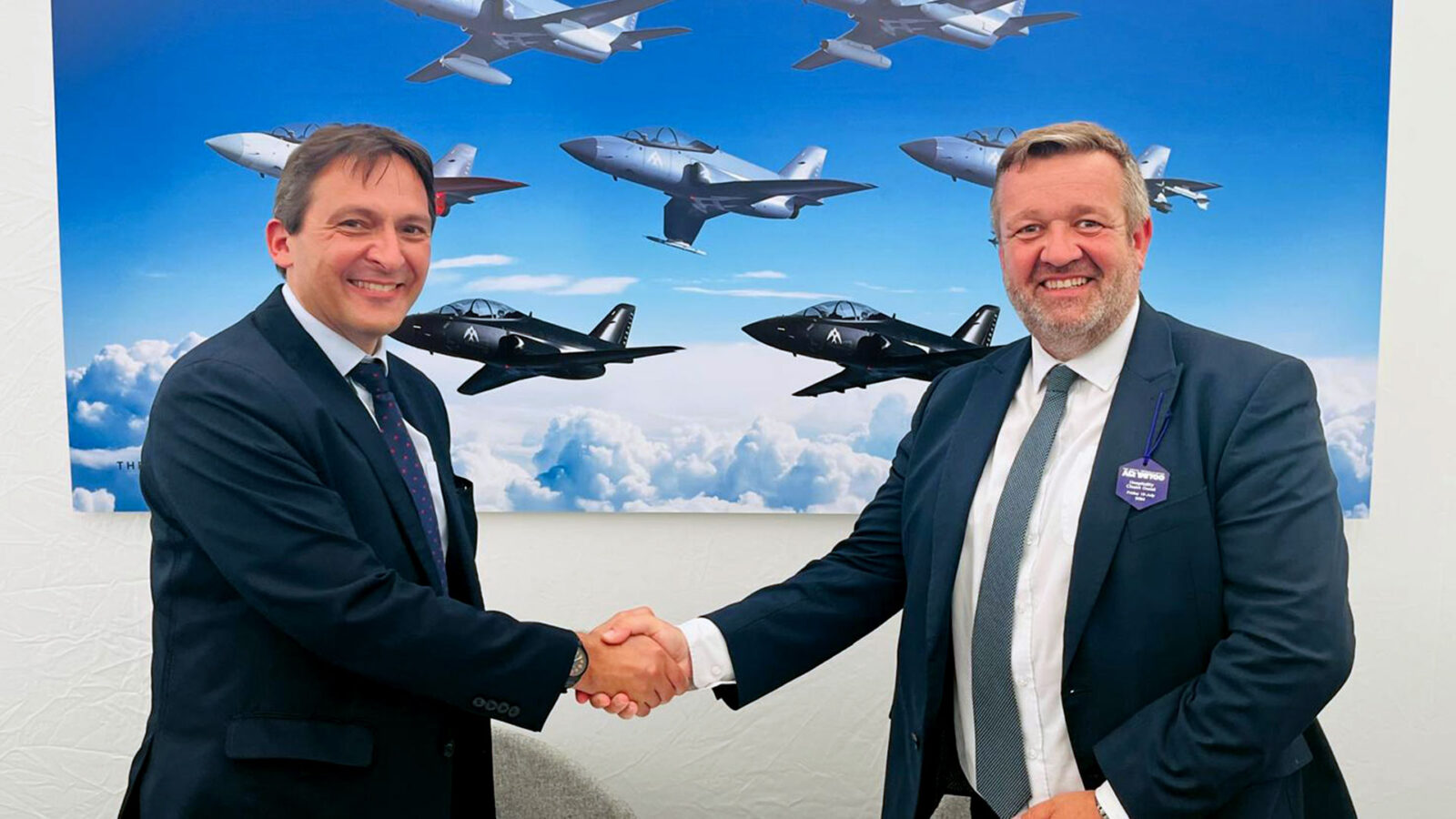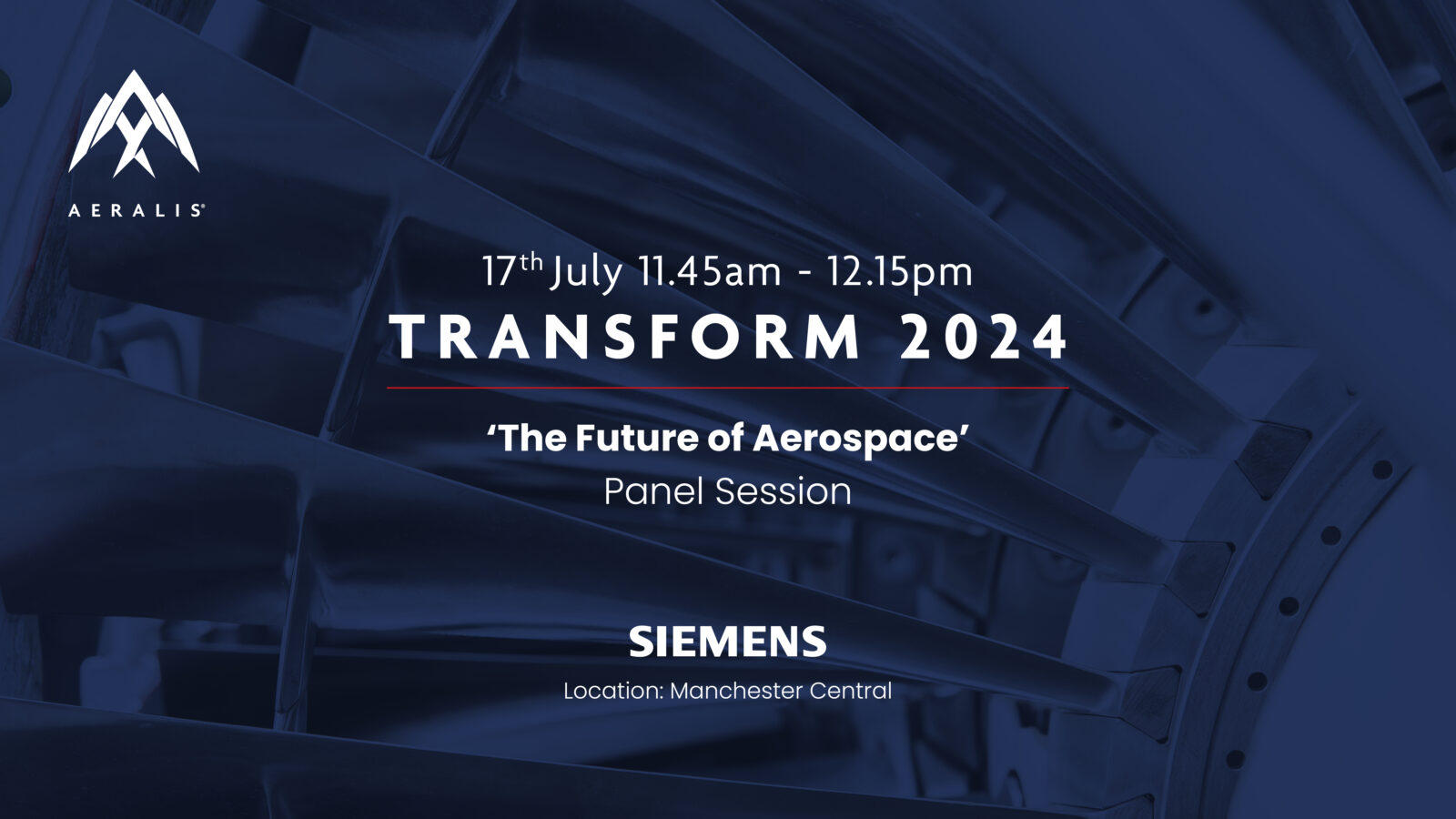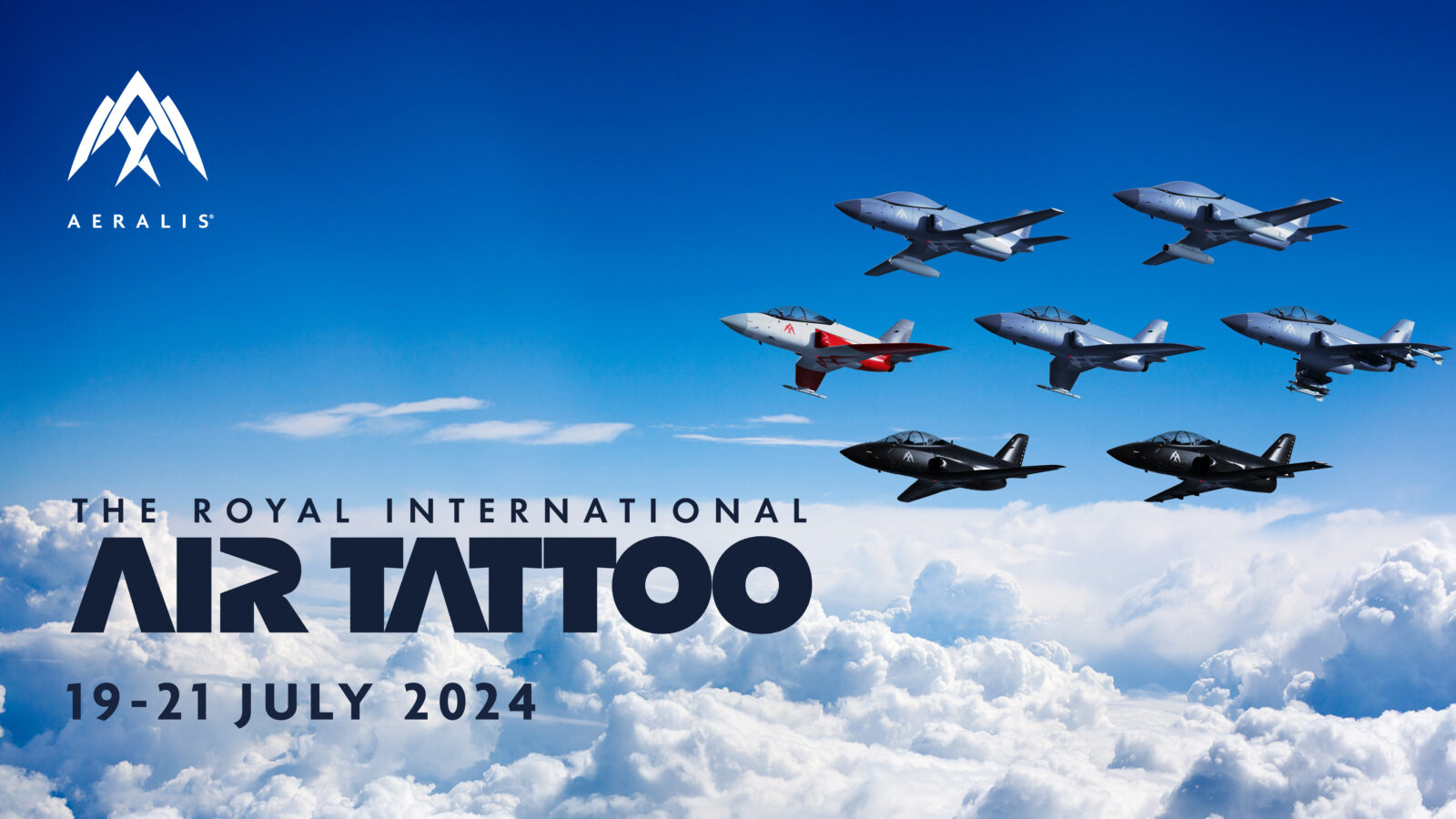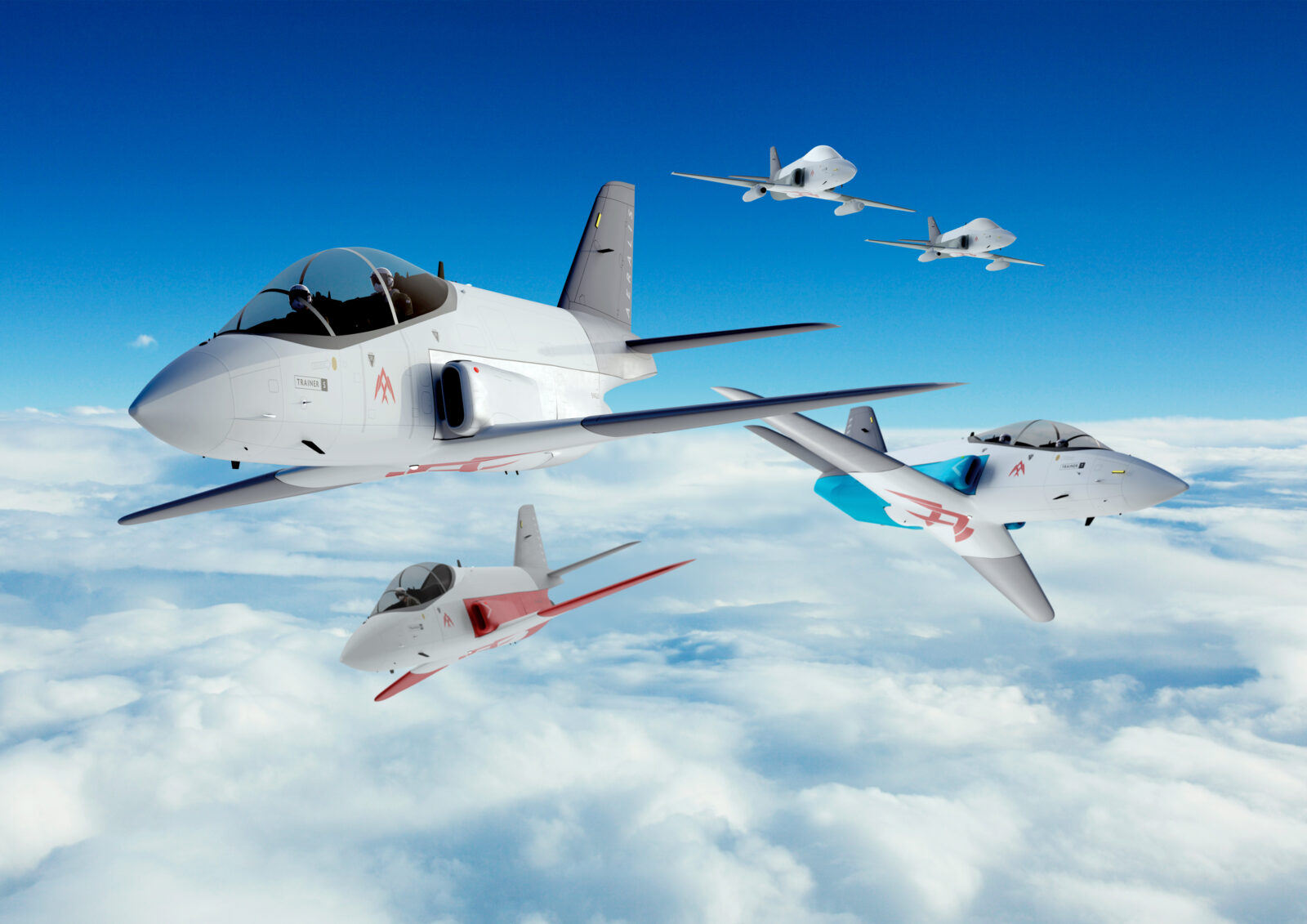
THE VISION
the future of
air force fleets
For generations, air forces have faced the challenge of operating an ever-growing mix of single point aircraft designs, each having its own logistics support, management and training burden, and locking air forces into a platform for decades. This ‘traditional’ approach also hinders air forces’ abilities to cost-effectively adopt emerging technologies and capabilities in a tactically-useful timeframe, or deliver to net zero commitments.
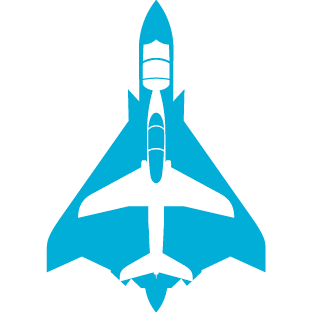
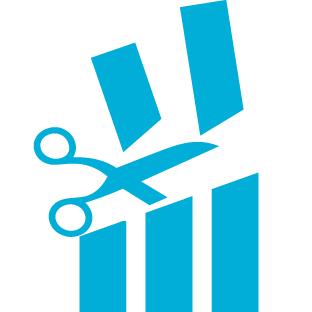
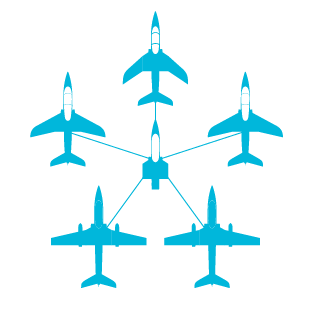


Training and Operational support aircaft must keep pace
Direct ownership of single-point aircraft locks air forces into sub-optimal fleets for decades. As we approach a 6th-Generation era, with teaming and mixed crewed/uncrewed formations, reliance on single-point legacy aircraft means the gulf between training and operational support aircraft and the frontline systems and tactics they are preparing their crews for, is widening.
Digitally Enabled Modular Aircraft System
AERALIS’s modular aircraft system enables graduated and relevant advancement through the training programme, with the same core fleet reconfigured as the programme progresses for Basic, Advanced, Surrogate and Red Air roles.
AERALIS’s digital DNA binds physical and synthetic flight in lock-step, to deliver continuity and efficacy.
Air crew can be trained across the whole aircraft system, including operational support roles, creating a more capable crew cohort.
New aircraft must be more affordable
Costs for each new generation of single-point aircraft continue to increase, and once in service, require further significant investment to keep the platform in touch with the evolving battlespace, threats and technological opportunities. This effect is multiplied when considered across a mixed fleet. It’s an unsustainable upward curve.
A new approach is needed: creating multiple capabilities through a digital enterprise and with significant rationalisation of development and support costs.
>60% through-life cost reduction
AERALIS is breaking the cost curve for new aircraft. It is the world’s first wholly digitally engineered aircraft system, massively reducing both time and cost of the design process and actualising a digital thread that will run the lifetime of the system – design-manufacture-operation-disposal.
Once in service, its open systems architecture and modularity means it can be upgraded easily, including the testing and adoption of new propulsion systems.
Airforces must be simpler
For generations, air forces have faced the challenge of operating an ever-growing mix of single-point aircraft designs, each having its own logistic support, management and training burden, and locking the military into a platform for decades.
In a 6th-Generation era, an air force will require capabilities within its fleet including basic, advanced, surrogate, red air and aggressor training; strike and air-to-air with autonomous teaming support; close-air support; ISTAR and tactical tanking. A fleet of that complexity, based on single-point platforms is unsustainable.
85% parts commonality
Built around a Common Core Fuselage (CCF), AERALIS aircraft share an extraordinary 85% of part and components, regardless of the role they are configured for.
This massively reduces complexity across an air force fleet and simplifies the whole supply chain and maintenance operation.
Capability must be flexible and on-demand
Direct ownership of fleets of single-point aircraft designs means governments are shouldering the burden of enormous capital expense, with little flexibility in the capability they gain. For each additional capability, a new capital expense is required, as well as the attendant ongoing costs of supporting readiness of that platform – despite variations in operational requirement.
Airforce on demand
AERFLEX commoditises the economics of air force fleets, passing responsibility for ownership, maintenance and availability of air force capability to industry.
This releases air forces from the capital expense and fleet management burden, while driving down costs, improving availability and injecting agility and flexibility into air crew training and operational strategies.
Platforms must support net zero imperatives
The drive towards net zero is a goal that is as relevant to air forces as any other sector. While rapid progress is being made in the development of new propulsion systems, traditional single-point platforms will struggle to easily adopt these into their airframes, meaning transition to cleaner alternatives will either be delayed for a generation or involve enormously costly upgrade programmes.
Committed to cleaner skies
The modularity of AERCORE enables rapid integration, digital flight testing and adoption of new propulsion technologies and power plants.
An AERALIS fleet is inherently digitally twinned, enabling detailed live performance analytics making the AERCORE system an ideal developmental platform.
